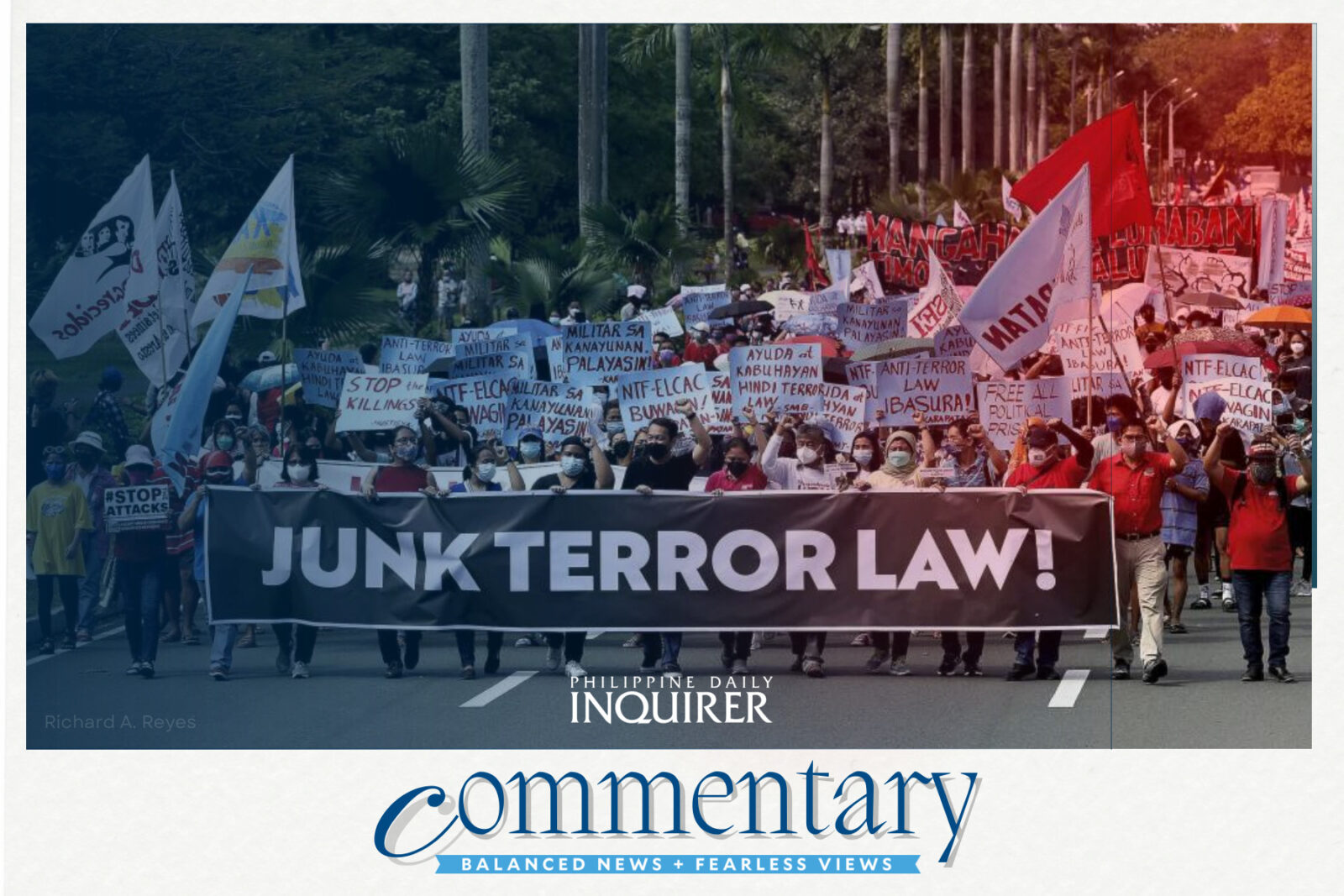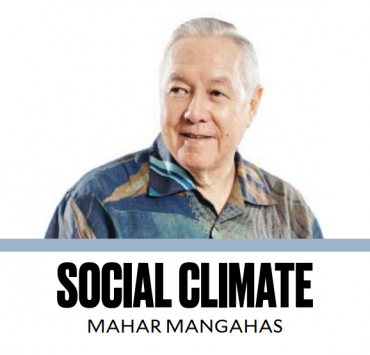Glimmer in their eyes: Reflecting on the polls

There is a glimmer in the eyes of those who still remember: a flicker of something lost or something promised. This we saw on May 12, as the nation cast its votes in quiet pilgrimage to the future.
At first glance, the senatorial elections sounded like a familiar rhythm in our republic’s democratic beat—names we know, alliances we expect, and numbers that fall predictably into place. But beneath the surface of unofficial results lies something deeper that begs to be understood.
From the unofficial tally emerges a portrait: five seats to candidates aligned with the Duterte bloc, five to the Bongbong Marcos camp, and two to the reformist voices of Bam Aquino and Kiko Pangilinan. The candidates who bagged the top 12 senatorial slots are on the brink of a critical but tenuous balance, a still-uncertain shape of things to come.
But this time, there is something different and quietly radiant: the youth has spoken.
Early postelection analyses suggest that the millennials and Gen Zs (18-44 years old), underestimated despite constituting 68 percent of registered voters, were crucial in lifting reformist candidates to victory. These digital natives—discerning, disillusioned, yet undeterred—lent their voices to a different kind of future. Many cast their first votes in 2022. By 2025, they were not only voters, but voices—organizers, educators, guardians of memory. The strong showing of Aquino, who placed second with a platform rooted in transparency and education (libreng kolehiyo), and the unexpected comeback of Pangilinan, point not merely to nostalgia, but to a gathering insistence that public service must be principled.
This youth-powered wave may be the very glimmer that our literature, our history, and our heroes once promised.
There is a moment in “Noli Me Tangere” that haunts deeply: Sisa, a mother broken by poverty and injustice, is arrested by the guardia civil. Along the way, her mind flickers in and out of lucidity—until, in one final burst of memory and light, she finds her son Basilio in the forested Ibarra family cemetery. She cradles his face under the moonlight, recognizes him once more, and in that final moment of bliss, dies.
But the story does not end in despair. Elias—wounded and bloodied—arrives. He does not weep. He speaks. “Basilio, you will see the dawn … forget not those who have fallen in the night.”
There is something in this tableau that speaks to us now. Sisa is the forgotten poor, the voiceless driven mad by injustice. Basilio is our youth, kneeling in grief but beginning to understand. And Elias is the voice that will not die—urging us through pain to remember, to rise, to believe in the possibility of a better nation.
The recent elections repeat a pattern we know too well. Political dynasties persist. Power blocs consolidate. And yet, something quietly resists. Aquino’s near-top finish, alongside Pangilinan’s return, is not merely a nostalgic echo of past ideals—it is a refusal to give up on the promise of decency, reform, and inclusive governance.
This is not the first time our people have voted in a moment of national tension. In 1992, after years of transition from dictatorship, the country faced its first real test of democracy. A divided electorate, but a peaceful transfer. The system held.
In 2010, after the death of former President Cory Aquino, the Filipino people—grieving, weary—rallied behind her son for the moral clarity he seemed to embody. “Kung walang corrupt, walang mahirap,” they believed once more.
In 2022, emotions ran high. The son of a dictator, and the daughter of a populist, rose to power, backed by digital machinery and social tides. But even then, there were undercurrents of dissent. Quiet uprisings of truth. The youth was watching, learning, remembering.
Now, in 2025, many of those young people are voting. Many more are leading.
They are not perfect, but they are not afraid.
In “Las Filipinas Dentro de Cien Años,” Rizal wrote his meditation on the fate of our country a century hence. He feared that colonized minds would outlive the colonizers, and that the chains of indifference would be harder to break than those of iron.
More than a hundred years since, here we are.
Are we the generation that Elias dreamed would rise? Or the Basilio who’d become healer of the nation and would “see the dawn”? Or still Sisa—wandering, broken, unable to recognize what we’ve become?
The elections give no clear answers. For while power may rest in the hands of the elected, hope remains in the hearts of the people. And history, as ever, watches from the wings.
—————-
Dr. Pablo S. Trillana III is former chair of the National Historical Institute, and authored “Rizal and the Wide Road of Progress,” winner of the Filipino Readers’ Choice Award.

















